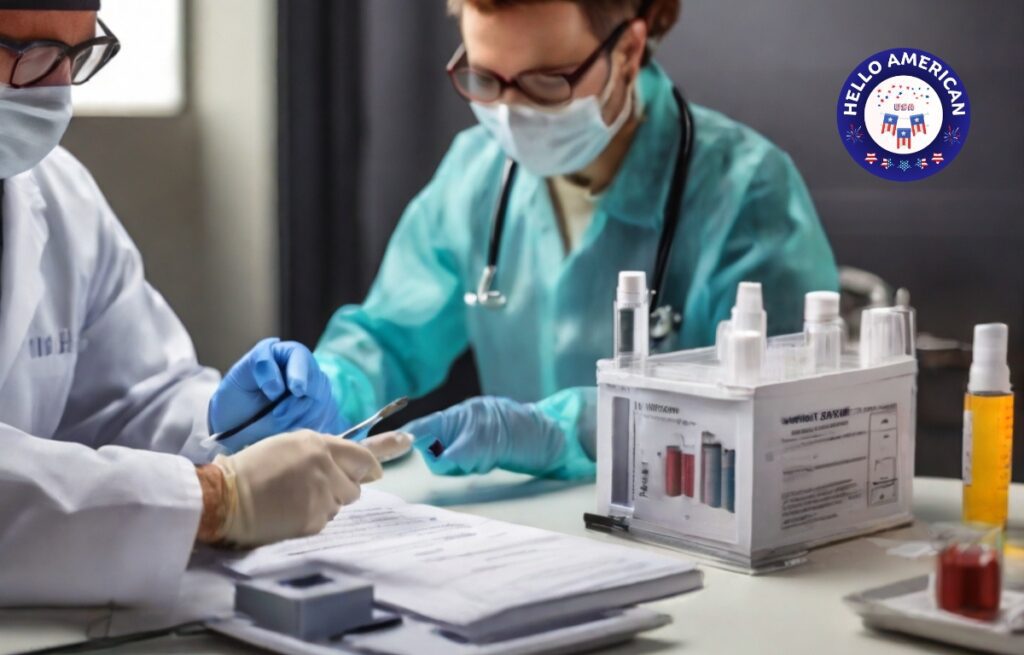Several types of tests are available to detect the presence of COVID-19. The choice of test often depends on various factors, including availability, the time since exposure or onset of symptoms, and healthcare provider recommendations. Here are the common types of tests:


- PCR Test (Polymerase Chain Reaction): This test detects the genetic material (RNA) of the virus and is considered the gold standard for diagnosing COVID-19. A swab is taken from the nose, throat, or sometimes saliva. PCR tests are highly accurate but may take longer (usually a day or more) to receive results due to laboratory processing.
- Rapid Antigen Test: This test also uses a nasal or throat swab to detect specific proteins (antigens) on the surface of the virus. Rapid antigen tests provide quicker results (usually within 15-30 minutes), but they might be slightly less sensitive than PCR tests, especially in individuals with lower viral loads.
- Antibody Test (Serology Test): This test looks for antibodies produced by the immune system in response to a past infection with the virus. It’s not used for diagnosing current infections but can indicate if you were previously infected, even if you had mild or no symptoms.


When choosing a test, consider factors such as the availability of testing facilities, the urgency of results, and guidance from healthcare providers or local health authorities. It’s important to note that test availability and recommendations may vary by location and current COVID-19 prevalence.
If you suspect you have COVID-19 or have been exposed to someone with the virus, contact a healthcare provider or local health department for guidance on which test to take and where to get tested. Additionally, follow public health guidelines and isolate yourself until you receive your test results.


